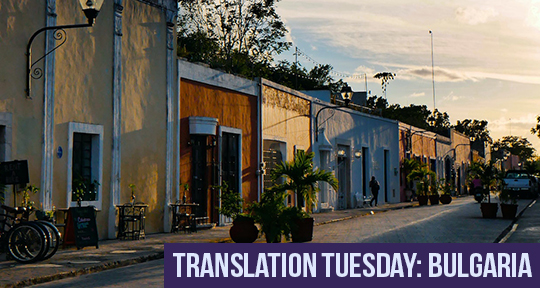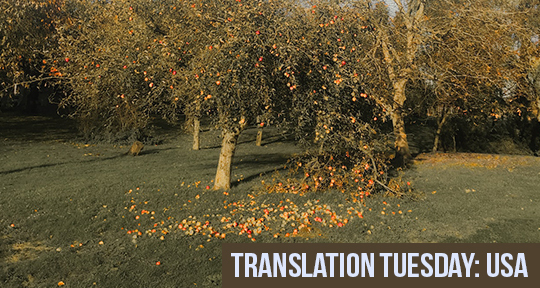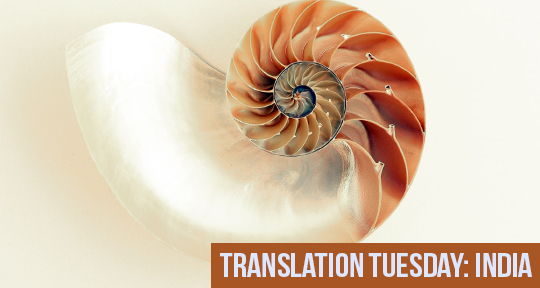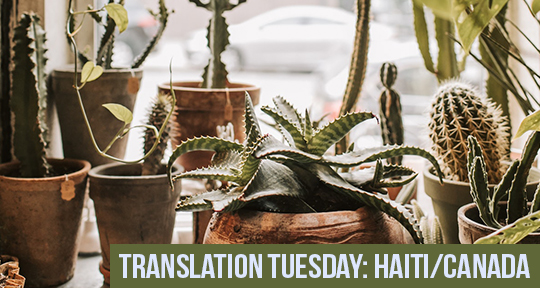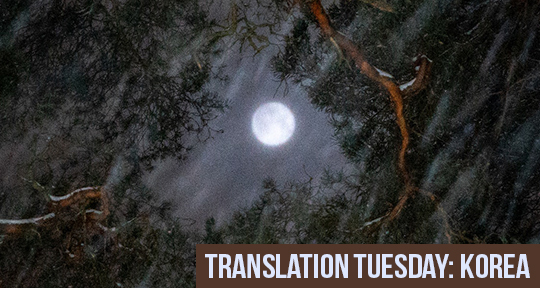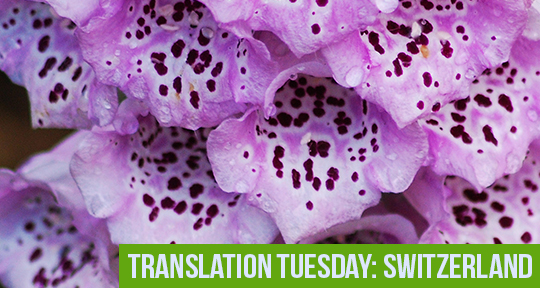This Translation Tuesday, a literary murder mystery aboard a train carriage reveals the intricacies of expressing a woman’s inner life. Briefly sketched yet drawn with a rich interiority, the Bulgarian writer Ivanka Mogilska’s short fiction is translated by Lora Petrova. Step right onto the crime scene now and find out who’s guilty!
If the cricket that lived in Emilia’s left ear had been less insistent, she would surely have learned the killer’s identity earlier. But he almost never stopped. Most times it was singing with a quiet monotone, making her feel as if she was drifting through a cloud, with a head stuffed full of cotton. The train was wriggling through the valley. The fog was hiding the warning signs on trees about the coming fall. Today, the cricket’s song was especially anxious and Emilia would often have to read the same page twice.
Soon after departure, the frivolous young man in the group of guests staying at Waterby Manor found the hostess dead in front of an old cabinet in the corridor leading to the kitchen. Police arrived quickly and asked the guests to retire to their rooms. The officers inspected the crime scene.
The cricket in Emilia’s ear hit a high note when it turned out that the body was surrounded by poems of an unknown author and the cabinet had hundreds more pages written in the same hand. Poems, poems, poems. READ MORE…

